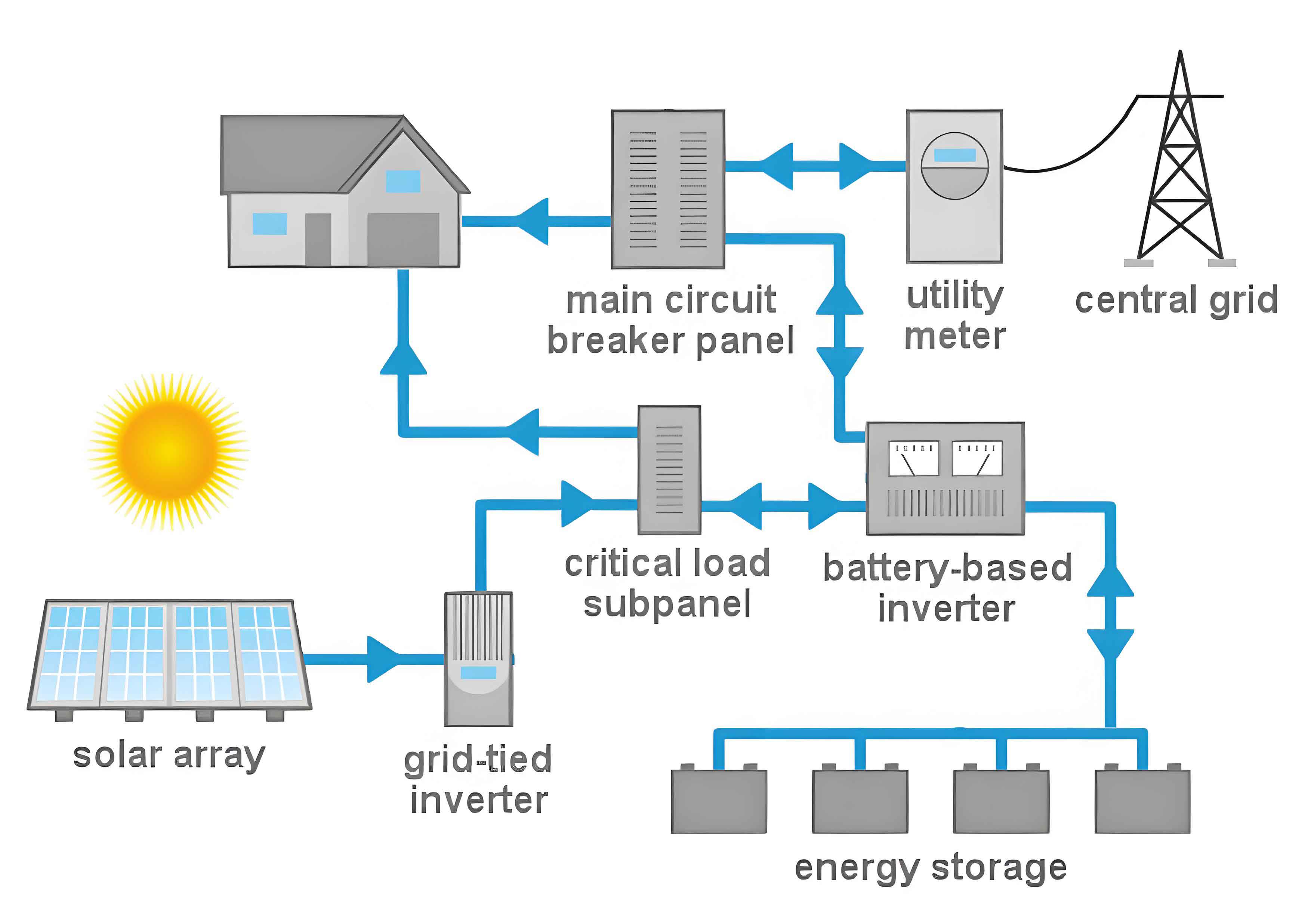The adoption of Solar Power for Home has become increasingly popular as homeowners recognize its numerous economic and environmental benefits. By transitioning to solar energy, homeowners can significantly reduce their electricity bills, increase their property value, and contribute to a cleaner and more sustainable environment. This article delves into the myriad advantages of Solar Power for Home and provides a comprehensive overview of how it positively impacts both the economy and the environment.

Economic Benefits of Adopting Solar Power for Home
1. Reduction in Electricity Bills
One of the most immediate and tangible benefits of Solar Power for Home is the reduction in electricity bills. By generating their own electricity, homeowners can substantially decrease their reliance on the grid. This not only lowers monthly energy expenses but also provides a buffer against rising electricity costs.
Key Points:
- Lower Monthly Bills: Significant savings on electricity expenses.
- Energy Independence: Reduced dependency on external energy providers.
- Protection Against Price Increases: Insulation from future energy price hikes.
2. Increase in Property Value
Homes equipped with solar power systems often have a higher market value. Prospective buyers are willing to pay a premium for homes with Solar Power for Home due to the long-term energy savings and environmental benefits.
Key Points:
- Higher Market Value: Increased attractiveness to potential buyers.
- Faster Sale: Homes with solar systems tend to sell more quickly.
- Long-Term Investment: Enhances the overall investment value of the property.
3. Government Incentives and Tax Benefits
Many governments offer incentives and tax benefits to encourage the adoption of Solar Power for Home. These financial incentives can significantly offset the initial installation costs, making solar power more affordable for homeowners.
Key Points:
- Tax Credits: Federal and state tax benefits.
- Rebates: Direct rebates from government and local utility companies.
- Grants and Subsidies: Additional financial support for solar installations.
4. Job Creation and Economic Growth
The growth of the solar industry has led to the creation of numerous jobs in manufacturing, installation, and maintenance. By adopting Solar Power for Home, homeowners are indirectly contributing to economic growth and job creation within their community.
Key Points:
- Job Creation: Employment opportunities in the solar industry.
- Local Economic Growth: Boosts the local economy.
- Industry Expansion: Encourages innovation and expansion in the renewable energy sector.
Environmental Benefits of Adopting Solar Power for Home
1. Reduction in Greenhouse Gas Emissions
Solar Power for Home significantly reduces greenhouse gas emissions by decreasing reliance on fossil fuels. This reduction in emissions helps mitigate climate change and reduces the carbon footprint of households.
Key Points:
- Lower Carbon Footprint: Significant reduction in household emissions.
- Climate Change Mitigation: Contribution to global efforts to combat climate change.
- Cleaner Air: Improved air quality due to reduced pollution.
2. Conservation of Natural Resources
Solar Power for Home utilizes a renewable energy source, reducing the need for finite natural resources like coal, oil, and natural gas. This conservation helps preserve these resources for future generations.
Key Points:
- Sustainable Energy Source: Solar energy is abundant and renewable.
- Resource Preservation: Reduces the depletion of finite resources.
- Environmental Protection: Minimizes environmental degradation associated with fossil fuel extraction.
3. Reduction in Water Usage
Traditional power generation methods, particularly those using fossil fuels, consume significant amounts of water. Solar Power for Home requires minimal water for operation, thereby conserving water resources.
Key Points:
- Water Conservation: Minimal water usage compared to conventional power plants.
- Reduced Impact on Water Resources: Helps preserve water for other essential uses.
- Sustainable Power Generation: Promotes a more sustainable and water-efficient energy system.
4. Biodiversity Protection
By reducing the need for fossil fuel extraction and the associated land degradation, Solar Power for Home contributes to the protection of biodiversity. This helps maintain ecosystems and the species that depend on them.
Key Points:
- Habitat Preservation: Reduces habitat destruction caused by mining and drilling.
- Ecosystem Stability: Supports the stability and health of ecosystems.
- Wildlife Protection: Minimizes disruptions to wildlife populations and their habitats.
Comparative Table of Economic Benefits
| Economic Benefit | Description | Impact Level |
|---|---|---|
| Reduction in Electricity Bills | Decreases monthly energy expenses | High |
| Increase in Property Value | Enhances market value and attractiveness of the home | High |
| Government Incentives and Taxes | Financial incentives and tax benefits | Moderate to High |
| Job Creation and Economic Growth | Promotes job creation and boosts the local economy | Moderate to High |
Comparative Table of Environmental Benefits
| Environmental Benefit | Description | Impact Level |
|---|---|---|
| Reduction in Greenhouse Gases | Lowers carbon emissions and combats climate change | High |
| Conservation of Resources | Preserves finite natural resources | High |
| Reduction in Water Usage | Minimal water usage compared to traditional power | Moderate to High |
| Biodiversity Protection | Protects ecosystems and wildlife | Moderate to High |
Summary List of Key Benefits
Economic Benefits:
- Substantial reduction in electricity bills.
- Increase in property value.
- Access to government incentives and tax benefits.
- Contribution to job creation and economic growth.
Environmental Benefits:
- Significant reduction in greenhouse gas emissions.
- Conservation of natural resources.
- Minimal water usage.
- Protection of biodiversity and ecosystems.
Conclusion
Adopting Solar Power for Home offers a multitude of economic and environmental benefits. Homeowners can enjoy substantial savings on electricity bills, increase their property value, and take advantage of government incentives. Additionally, the environmental benefits, such as reducing greenhouse gas emissions, conserving natural resources, and protecting biodiversity, make solar power a sustainable and responsible choice for energy generation.
By embracing Solar Power for Home, homeowners are not only investing in their financial future but also contributing to a healthier and more sustainable planet. The transition to solar energy is a pivotal step towards achieving energy independence and environmental stewardship, ensuring a brighter and greener future for generations to come.
